Hungary recently granted political asylum to Marcin Romanowski, who served as deputy minister of justice in the previous Polish government under the Law and Justice (PiS) party. Romanowski, who currently has a European warrant out for his arrest, has been charged by Polish prosecutors, reportedly aligned with the Tusk government, with allegedly committing eleven crimes
Romanowski had, according to the prosecution, misused public funds. If proven guilty, he certainly deserves punishment. However, there is good reason to believe this is a politically motivated witch hunt. Such suspicions are rooted in the approach to rule of law of the new Polish government under Donald Tusk, which came to power just a year ago.
Upon taking office with Brussels's support, Tusk's leftist-liberal government attacked Poland's public media, including television, radio, and the state news agency. One of the first moves by the minister of Culture and National Heritage was to replace the heads of these institutions and appoint new supervisory boards.
These drastic media reforms were enforced not only through administrative measures but also by physical intervention, with sizable men going in and forcibly removing undesired employees from public television offices. Even more egregious, Tusk's government ordered the arrest of politicians who had been pardoned by the Polish president, detaining them at the Presidential Palace. It is this same government that now seeks to prosecute Marcin Romanowski, who has stated he prefers to defend himself against what he considers baseless accusations while on Hungarian soil.
Andrzej Szejna, deputy foreign minister of Poland's leftist government, which is far from friendly toward Hungary, has accused Hungary of violating EU principles by disregarding the mutual respect among member states. While Hungary acknowledges the legal validity of the European arrest warrant, it views the case differently than the Polish Foreign Ministry. Many in Hungary believe Romanowski would not receive fair treatment in Poland, a view reinforced by the unjust actions of the Tusk government. Minister Gergely Gulyas, head of the Hungarian Prime Minister's Office, stated that the decision to grant asylum is in line with both Hungarian and EU laws, however Poland intends to pursue its case before the European Court of Justice.




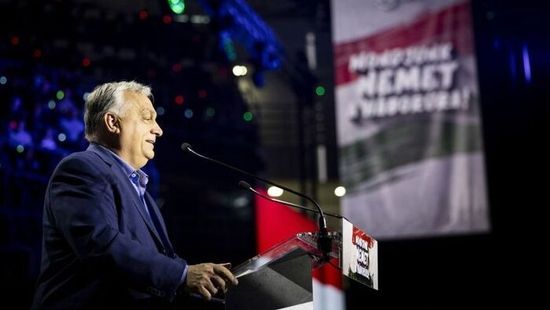



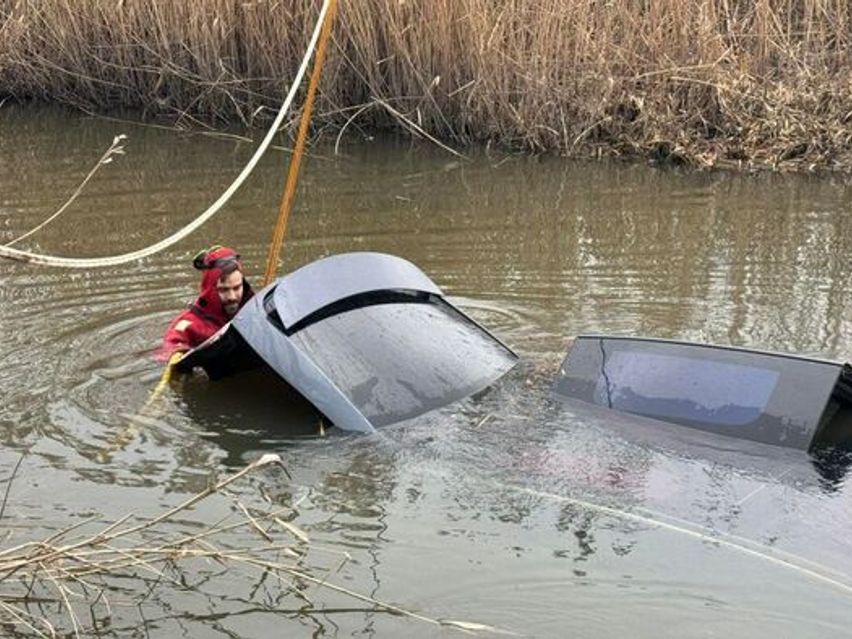



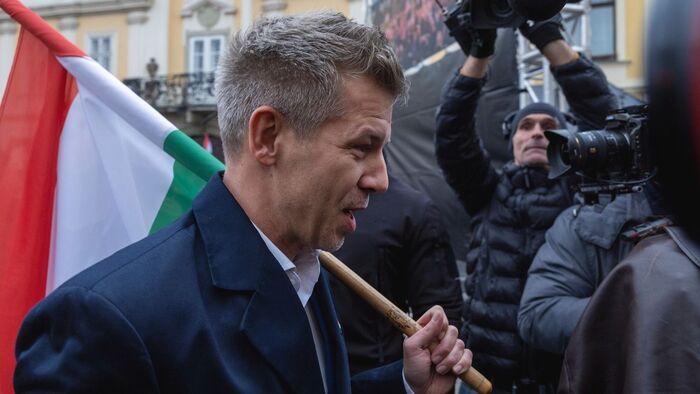



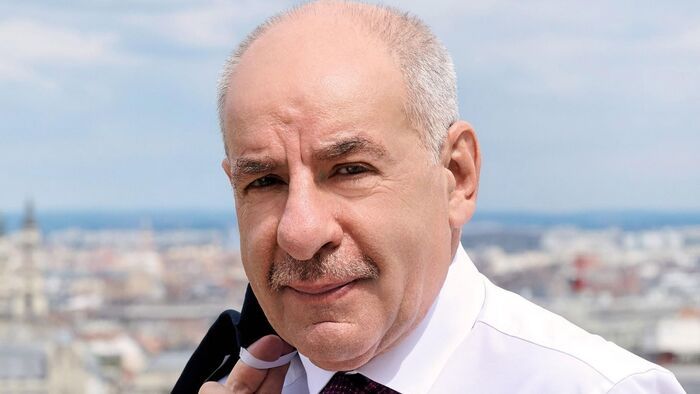
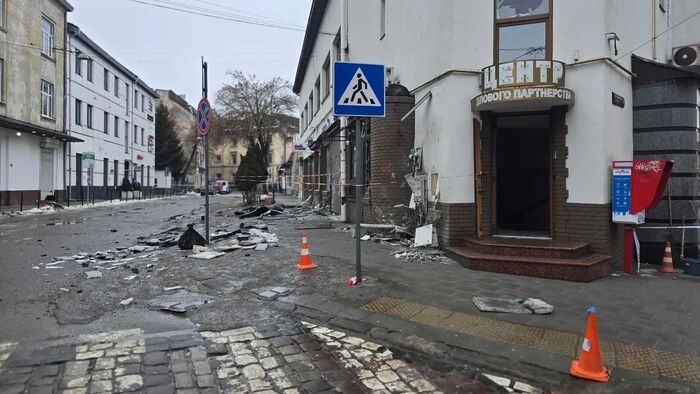



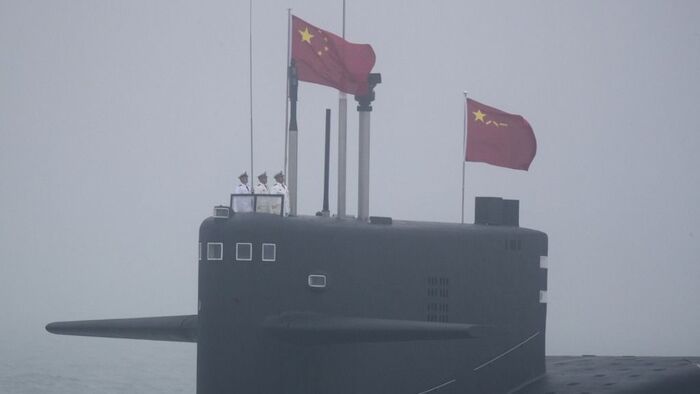

Szóljon hozzá!
Jelenleg csak a hozzászólások egy kis részét látja. Hozzászóláshoz és a további kommentek megtekintéséhez lépjen be, vagy regisztráljon!